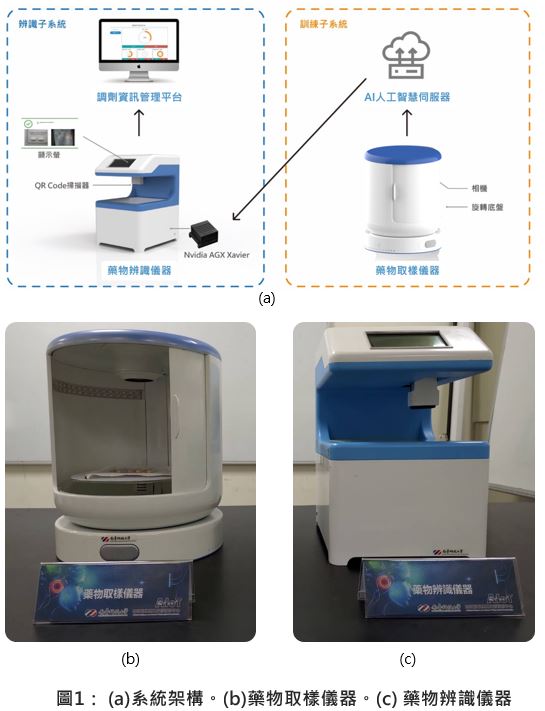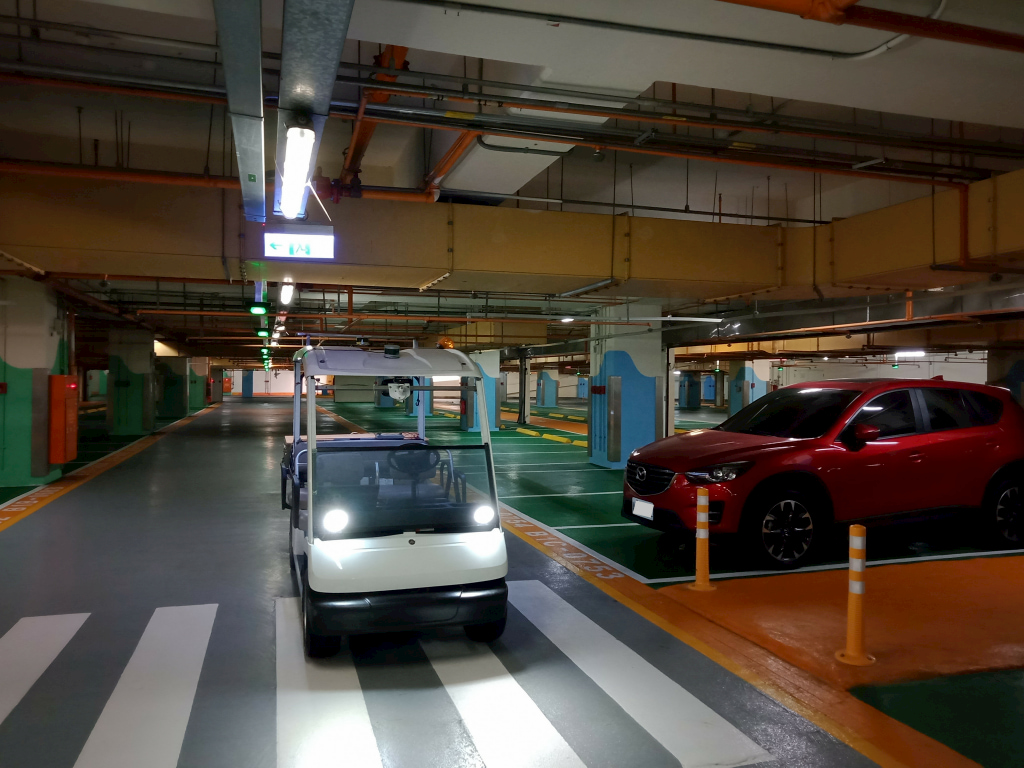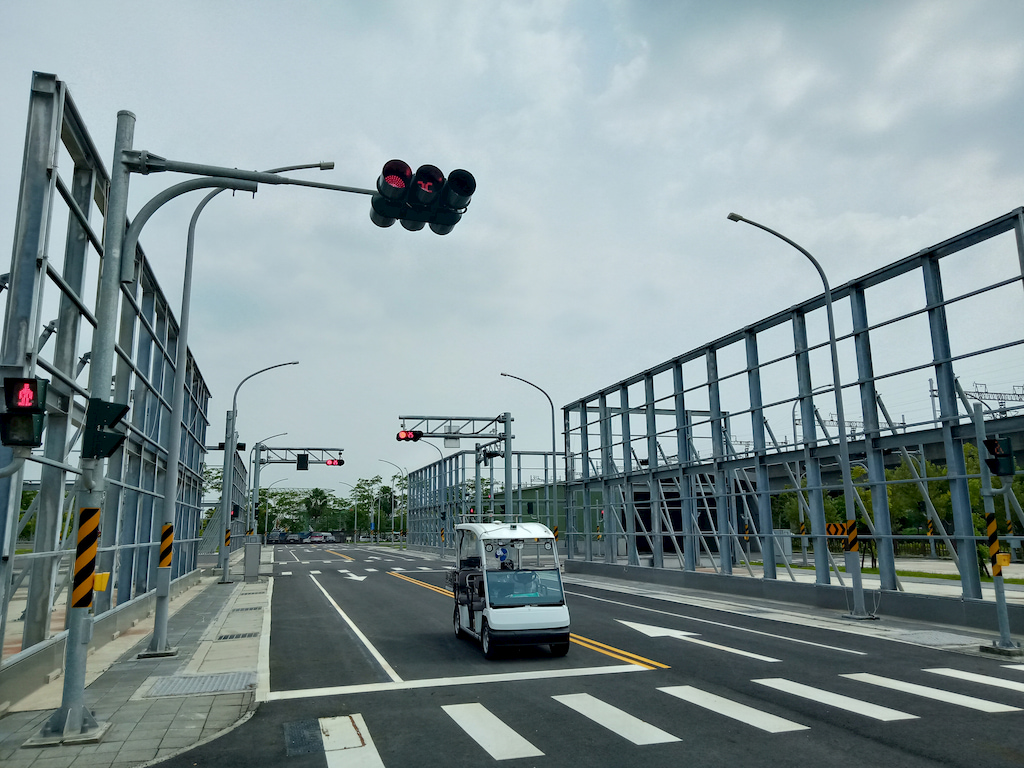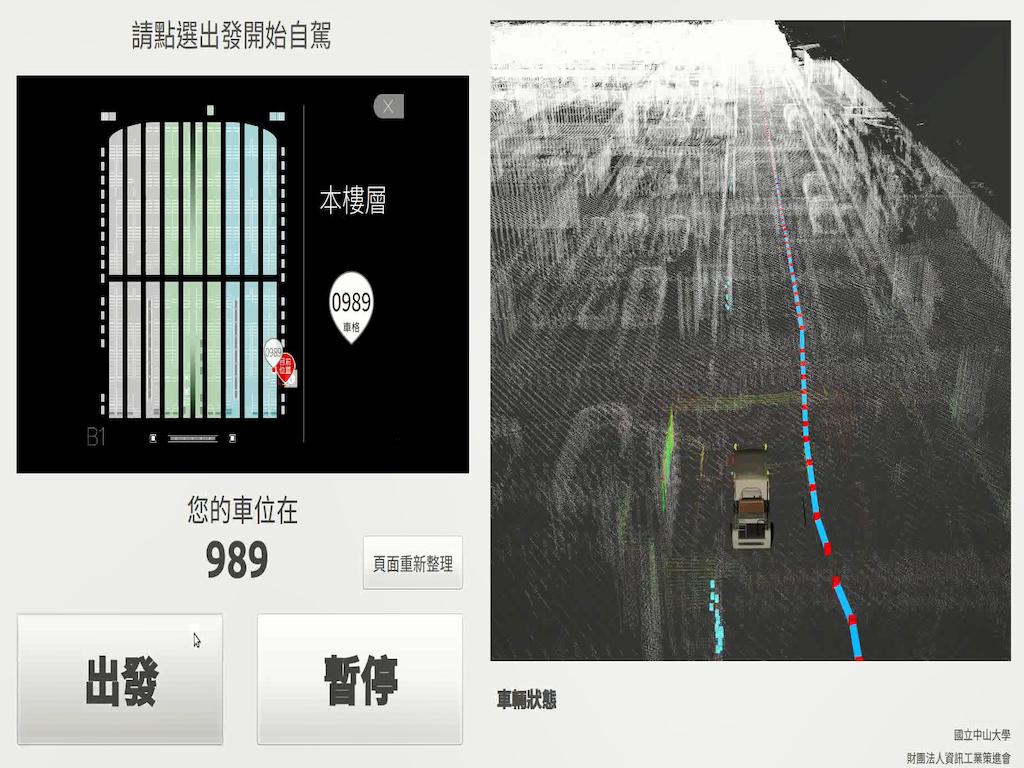| Technical Name | The smart campus transportation system | ||
|---|---|---|---|
| Project Operator | National Sun Yat-sen University | ||
| Project Host | 彭昭暐 | ||
| Summary | The smart campus transportation system is a combination of unmanned vehicles and 4G networks, providing an unmanned transportation service on campus. The service can be reserved through the online reservation APP or website. Management personnel can also monitor the system remotely through an online server. The system's unmanned vehicles can be used outdoors or indoors, and it will stop or avoid pedestrians and vehicles on the road. The system's unmanned vehicle is developed on a golf cart, which has its steering wheel, brake and throttle modified so that the vehicle can be controlled. The localization of the unmanned vehicle is mainly based on the sensor LiDAR with the normal distribution transformation matching method. Object detection and tracking also mainly uses LiDAR with algorithms such as voxel filtering, Euclidean clustering and Kalman filter. Vehicle control and decision-making uses model predictive control, lane planner and obstacle avoidance route planning algorithms. |
||
| Scientific Breakthrough | In June 2018 to September 2019, Mcity, a public-private partnership at the University of Michigan, tested its driverless shuttle in the campus to collect users’ behavior. The smart campus transportation system is currently tested at the campus of National Sun Yat-sen University in Kaohsiung. The difference of the smart campus transportation system and Mcity's driverless shuttle is that the smart campus transportation system can transport passengers and also deliver goods. Transportation services can be reserved online, and the management personnel can also remotely monitor the operation of the system. The smart campus transportation system has been tested in the Taiwan CAR Lab in Tainan in 2019. The system was also tested in outdoors and underground parking lots in the campus this year. |
||
| Industrial Applicability | The unmanned vehicle of the smart campus transportation system can be applied to many places. Passengers can reserve transportation services online, just like the self-driving car service Waymo One. The smart campus transportation system faces more complex scenarios when driving on off-road areas than on roads. A French company NAVYA has developed self-driving shuttles that can drive on the roads and parks such as airports, campuses, and urban areas. The smart campus transportation system also can operate in such places, and in addition to driving in the outdoors, it can also drive in indoors such as the in buildings or basements. The smart campus transportation system can also transport infected people or deliver goods and medical supplies when there are disease outbreaks. |
||
| Keyword | Model predictive control Normal distribution transformation Obstacle avoidance route planning Object detection Real-time monitoring Semi-open field Unmanned vehicle Unmanned delivery Unmanned transportation 4G network | ||
- iameric9988@gmail.com
other people also saw







